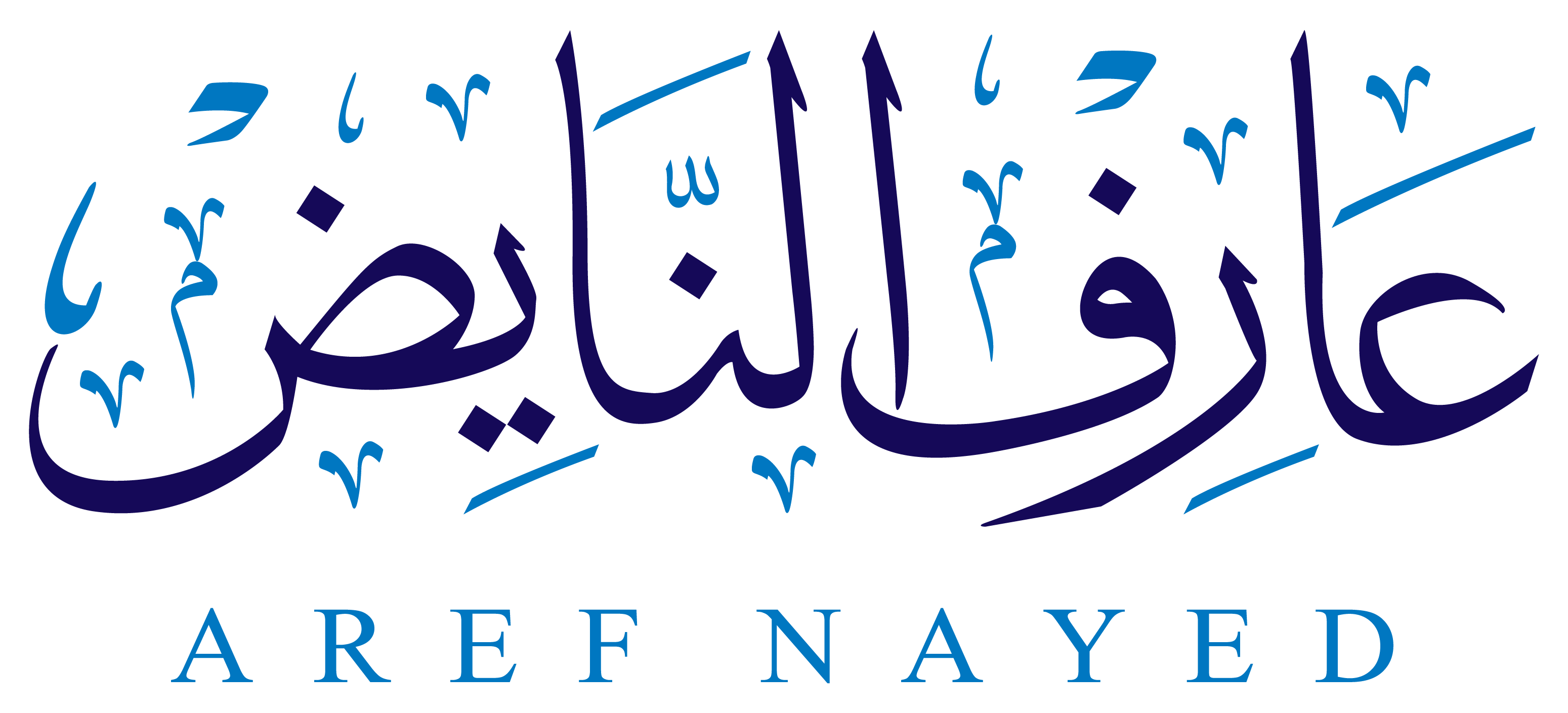Benghazi, Libya – Libya’s parliament has begun preparing to issue legal frameworks for the elections, which observers see as a political response to the Islamist militia attack on the Oil Crescent region, which pro-army officials led by Field Marshal Khalifa Haftar say is an attempt to block elections in December.
On Wednesday, The Speaker of the Libyan Parliament, Chancellor Aguila Saleh, discussed with a number of members of the council his residence in Qubba, a number of topics related to the holding of presidential and parliamentary elections in the coming months.
The media advisor to the Speaker of the House of Representatives Fathi Abdul Karim Al-Mariami pointed out that the meeting touched on the need to pass laws to complete the electoral process on time.
In the coming days, parliament is expected to begin discussing the electoral law and then go through the amendment of the constitutional declaration, which will be adopted as a legal framework for elections, rather than the constitution that is still awaiting the referendum.
Politicians and officials supporting the Libyan army accuse the Islamists of being behind the attack in order to disrupt the elections and undermine the agreement that took place during the recent Paris meeting.
“The attack on oil ports is a final and failed attempt, aimed at disrupting the renewal of legitimacy in the election funds,” said Arif al-Nayed, a candidate for the presidential elections and Libya’s former Ambassador to the UAE, Dr Aref Nayed on Wednesday, calling on the four parties gathered in Paris to speed up preparations for the elections.
The main actors in the Libyan crisis present at the Paris conference, which was held at the end of last month, approved a draft agreement containing a key clause, namely the holding of parliamentary and presidential elections on December 10th, which represents the prospect of a new solution to the crisis that has plagued Libya for years.
The list of attendees included Fayez al-Sarraj, president of the Presidential Council, Marshal Khalifa Haftar, as well as Akila Saleh, speaker of the House of Representatives, and Khaled al-Mashri, president of the Libyan Council of State and representative of the Political Islam Movement.
Ibrahim al-Jadran, the former commander of the Oil Installations Guard, who is leading the port attack with extremist militias, “has become a front for the Qatar-backed al-Qaeda organization,” Nayed said.
The Islamists and the Presidential Council, led by Fayez al-Sarraj, tried to prevent the elections from being held on the grounds that the constitution would not be issued, but the Quartet meeting in Cairo and the Paris meeting ended those efforts after the possibility of holding elections based on the constitutional declaration after its amendment.
However, observers of Libyan political affairs believe that clinging to the issuance of the constitution, both for the political movement of Islam and for the presidential council of the Government of Reconciliation, is part of a maneuver aimed at obstructing the holding of elections in exchange for a settlement of the unity of the executive branch. This ensures that they continue in the political landscape, which they will lose in the form of elections.
Source : alarab.co.uk

